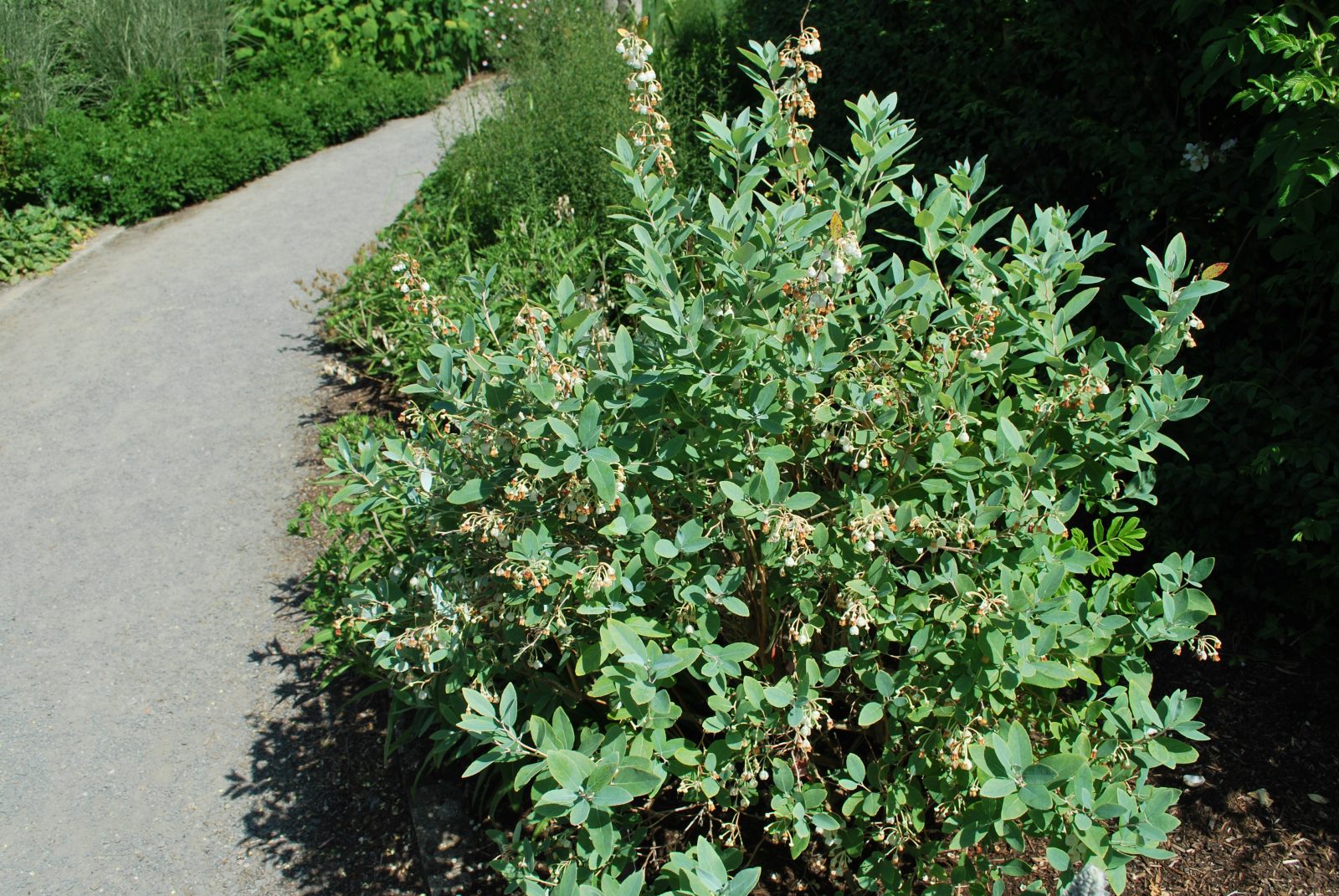2-3 Litre pot
- Position: Full sun, partial shade
- Soil: Moist, well drained
- Growth Rate: Average
- Flowering Period: June – July
- Hardiness: H5
- Eventual Height: 1 – 1.5m
- Eventual Spread: 1 – 1.5m
Zenobia Pulverulenta or ‘Honeycup’ as it is also known is a fast-growing, low-maintenance, evergreen shrub that can be easily pruned to shape. It produces highly fragrant, small, white flowers in late Spring or early Summer, and its dark green, glossy foliage is an attractive addition to any garden.
Commonly known as Honey-cup, it is native to south east United States. It is part of the Ericaceae family. This shrub is popular in acidic, moist, sandy or peaty, well-drained soils, and grows best in part shade or full sun. This shrub is slow-growing and can reach heights of 1.5 metres. Its acid content has been found to have a number of beneficial effects, making it a great choice for natural health and wellness.
How to care for your Zenobia Pulverulenta
- Sunlight: Prefers partial to full sun. It can tolerate some shade but will produce fewer flowers.
- Soil: This plant grows best in acidic, well-draining soil. Amend the soil with organic matter such as peat moss or compost to improve drainage and provide nutrients.
- Watering: Keep the soil consistently moist, but not waterlogged. Water deeply once a week during the growing season, and reduce watering in the Winter months.
- Fertilisation: Apply a slow-release, acidic fertiliser in the Spring before new growth appears.
- Pruning: Does not require regular pruning. However, you can remove dead or damaged branches as needed.
- Winter Care: In colder regions it may benefit from Winter protection, such as mulching or covering the plant with a frost blanket.
By following these care tips, you can help ensure that your Zenobia Pulverulenta thrives and produces stunning flowers for years to come.












Reviews
There are no reviews yet.